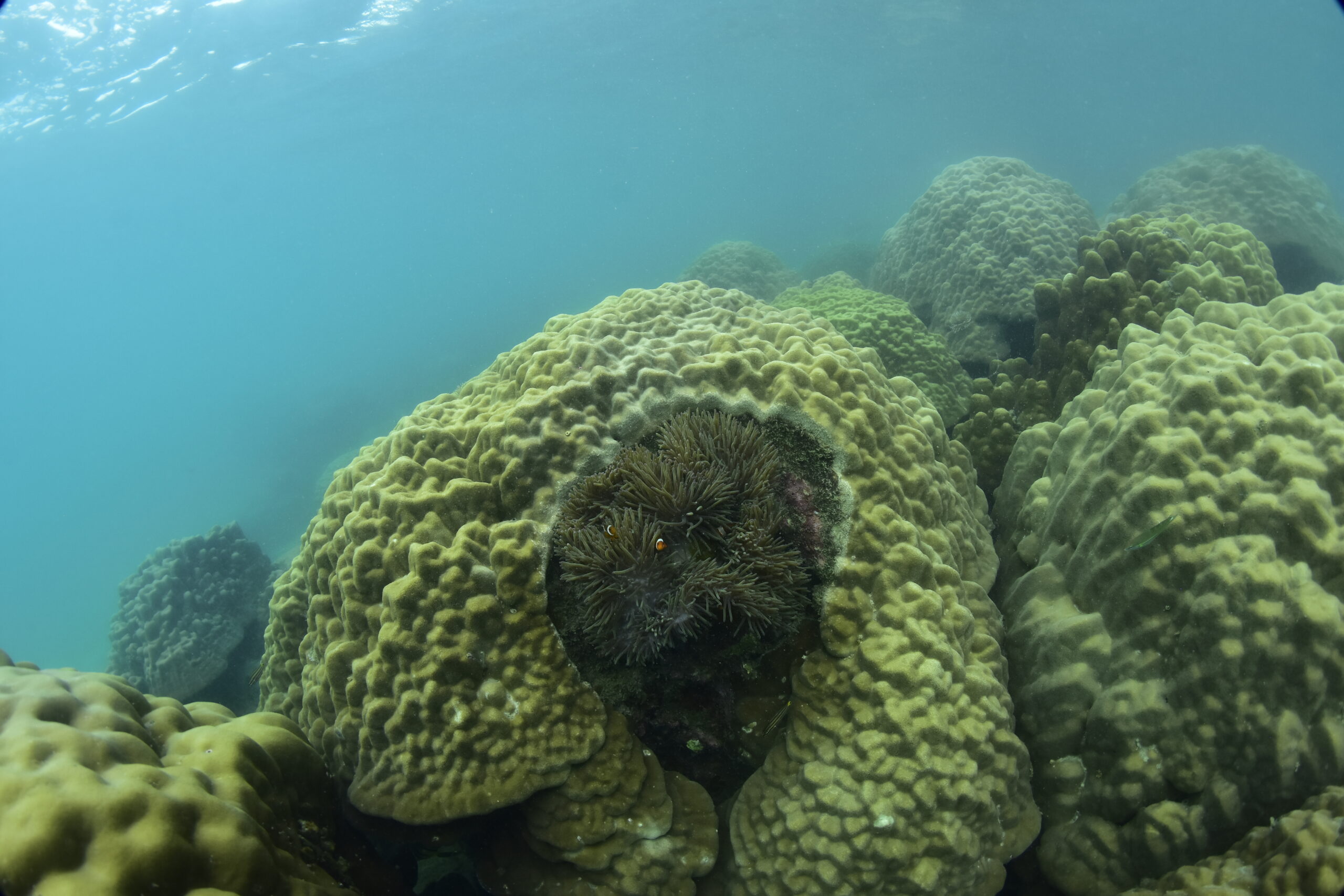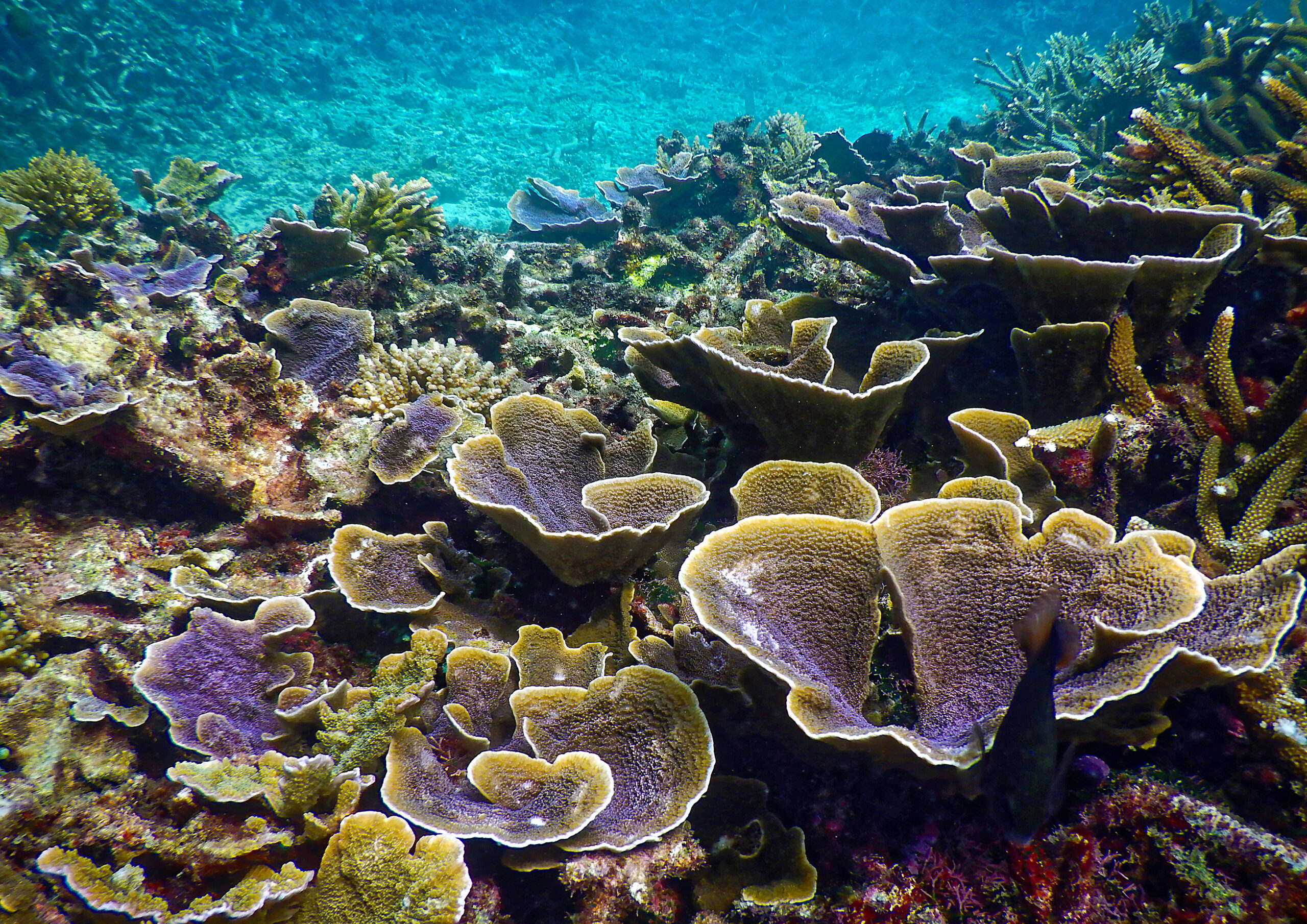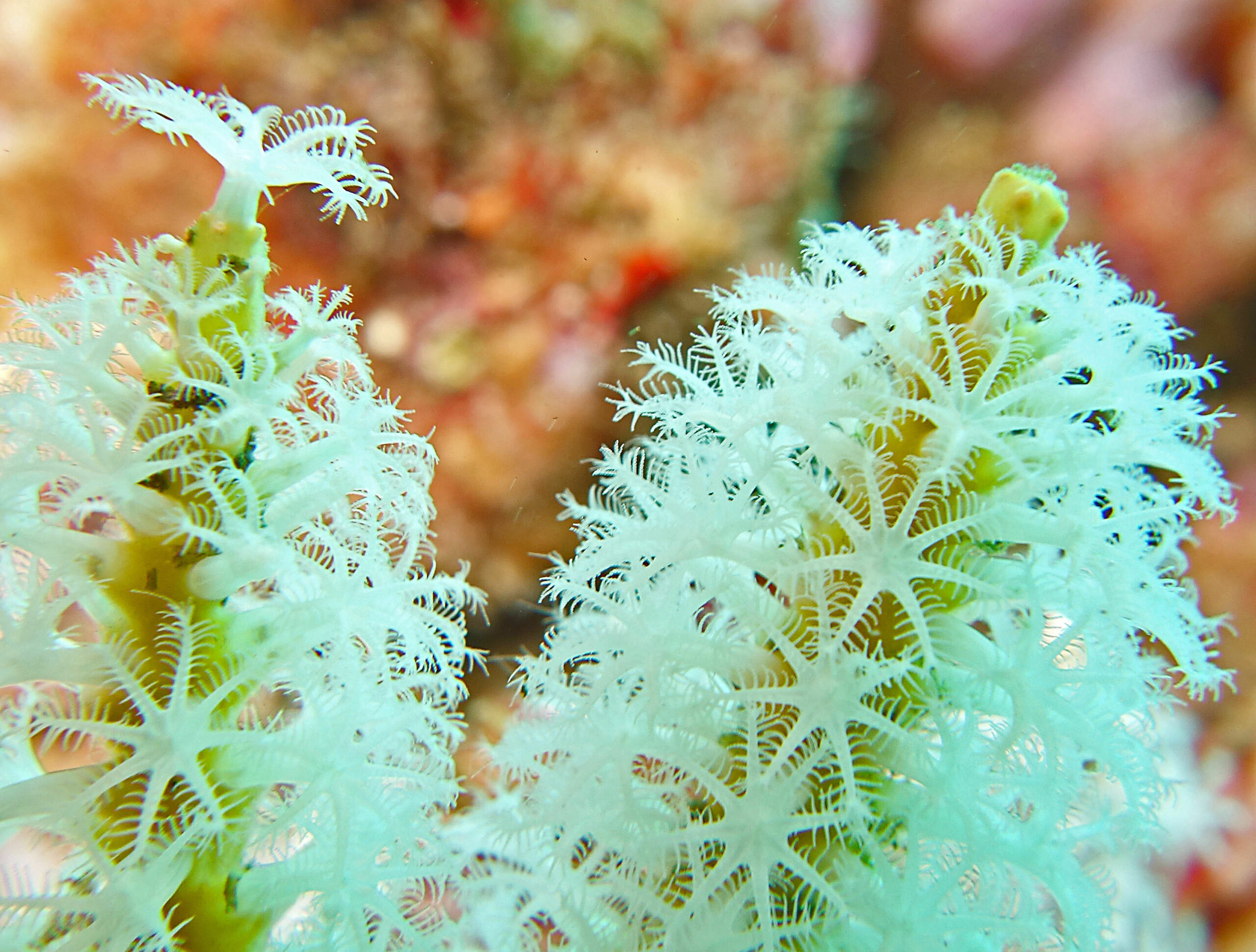Surveying coral reefs in Malaysian Marine Parks

Gerald Goeden
As part of an effort to help protect and restore coral reefs in Malaysia, Fizzy Transition is collaborating with the Marine Parks Division of the Department of Fisheries Malaysia. We participate in surveying the quality of coral reefs in existing and potential Marine Parks. In this blog, you can read about some of the results.
Marine Protected Areas in Malaysia
Malaysia is one of the twelve mega biodiversity countries in the world and feels an obligation to conserve and sustain its rich marine environment. One important area of biodiversity conservation is the establishment of marine protected areas. At this time, Malaysia’s Marine Protected Areas (MPAs) cover only about 1.4% of the country’s Maritime Waters. This is well below the country’s obligation to Aichi Biodiversity Target under the Convention on Biological Diversity. It was hoped that by 2020, Parties to the Convention would have set aside 10% of their coastal and marine areas, for special conservation measures aimed at maintaining high biodiversity. Though this target has not been achieved, Malaysia may be expected to increase the size and amount of MPAs over the coming years.
Increasing the size of MPAs is not enough to actually protect and restore biodiversity. Strengthening the quality of protection by putting a ban on more types of damaging activities and ensuring effective implementation are equally important. And sometimes active restoration of certain ecosystems, e.g. through the placement of artificial reefs, is needed. As part of an effort to help protect and restore coral reefs in Malaysia Fizzy Transition is collaborating with the Marine Parks Division of the Department of Fisheries Malaysia in the preparation of survey results of existing and potential Marine Parks.

Reefs are in fair condition, but under stress
Last year, Fizzy Transition and Marine Parks published a brief research paper summarizing a more detailed survey of the coral reef around Pulau Berhala, Pahang on the East Coast of Peninsular Malaysia.
The result showed that reefs of the island were in fair condition with the total live corals of 45.84%, which is a little higher than the mean coral cover for Malaysia (43.71%) and better than many parts of the Great Barrier Reef. However, the coral mortality index, of 0.31, suggested that the community might be stressed. Scleractinian corals dominated the benthic community along all underwater transects. Twenty-three genera of scleractinian corals were observed in this survey, dominated by Acropora (17.17%), Montipora (15.45%) and Porites (12.88%). Proposals for inclusion in the Marine Park system are under consideration.

This year, Fizzy Transition and Marine Parks published a paper dealing with Pulau Payar. Pulau Payar Marine Park is located on the West Coast of Peninsular Malaysia and is a heavily used tourist destination. The occurrence of the invasive snowflake coral, Carijoa riisei (Duchassaing & Michelotti 1860) in Malaysian waters was reported after the species was first detected at Pulau Payar Marine Park in 2014. Unfortunately, attempts to eradicate the invasive coral were not undertaken at that time. In our 2021 survey of the area we found that about one-third of the benthos and abiotic substrate at all sites was populated by C. riisei. Further, we found that the species was able to colonize most habitats between 10 and 20m around the perimeter of the reef making it an aggressive invader. Recommendations are now being made to expand monitoring in order to develop a mitigation plan.
We much look forward to further cooperation with the Department of Marine Parks in the advancement toward their goal of 10% protection of coastal areas and in the testing of our ECO2Reef Systems.

References
Mohamad Saupi Ismail and Gerald B. Goeden. (2020) Assessment of coral reefs community health in Pulau Berhala, Pahang, Malaysia. Journal of PeerScientist 2(1): e1000017.
Normah S, Ismail MS, Md. Nizam I, Zaidnuddin I and Goeden GB. Occurrence and Distribution of an Invasive Octocoral, Carijoa riisei in Malaysia’s Marine Park of Pulau Payar. Austin Environ Sci. 2021; 6(2): 1060
Would you like to know more about our initiatives? Feel free to contact us
Address Leonard Springerlaan 35 9727KB Groningen
The Netherlands
info@fizzytransition.com
© 2021 Fizzy Transition Ventures B.V.